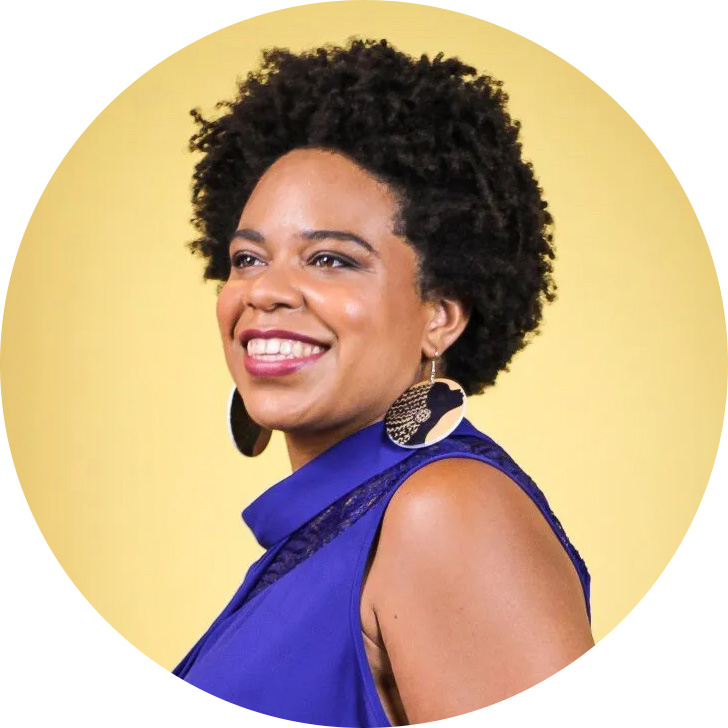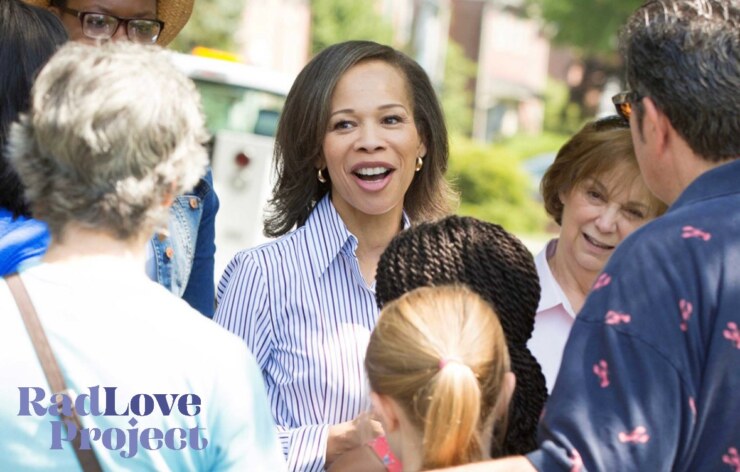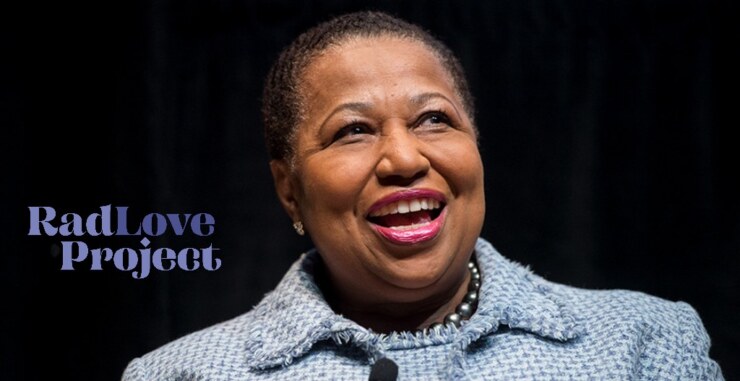
If you were to investigate, you might be surprised to find the extent to which our democracy is not at all democratic. This is not only at the local level in NYC (where I served in public office) but at all levels of our government. The situation is dire. Below are a few concrete examples.
Electoral College: One of the most prominent examples is the Electoral College, which overrules the popular vote in presidential elections. Despite Americans voting for their preferred candidate, the Electoral College ultimately determines the president based on state delegates’ votes, not the people’s votes. As a result, it’s entirely possible for a candidate to win the popular vote but lose the electoral vote, which happened in the 2000 and 2016 presidential elections. It is also important to note that this system has its roots in slavery where Black people were 3/5 of a person which allowed for some states to count a larger population (and have a higher delegate count) while denying Black people the right to vote.
Voter Suppression: Another instance where democracy is compromised is through voter suppression. This includes various malicious tactics such as closing polling stations early in certain neighborhoods, enforcing strict voter ID laws in some states, restricting those in jail or with felony convictions from voting, or purging the voter rolls.
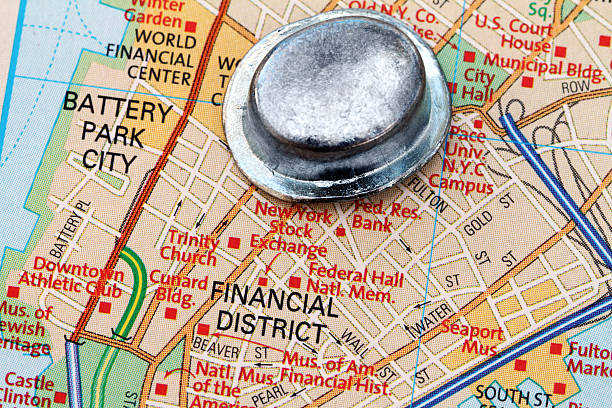
Campaign Finance: The influence of big money in politics is well known and still wildly influential and without accountability in almost all cases, capitalism runs a muck and dilutes our democracy. With unlimited campaign contributions allowed by Supreme Court decisions such as Citizens United, wealthy corporations and individuals can disproportionately sway elections, overpowering the voice of everyday citizens.
Redistricting/Gerrymandering: Districts in many states are drawn to favor one political party over another or certain (usually white) candidates, making some votes more valuable than others. This practice of gerrymandering results in skewed electoral results, distorting the will of the voters. This has been seen nationwide in national seats as well as locally in districts like my former district 9 where the Black vote was diluted to below 50%.
Unequal Representation: Certain territories and districts, like the District of Columbia and Puerto Rico, lack full voting representation in Congress, leaving millions of Americans without a voice in federal decision-making. Literally taxation without representation, let alone democracy. Similarly, in the Senate, small states and large states have the same number of representatives, which leads to unequal representation and is not democratic.
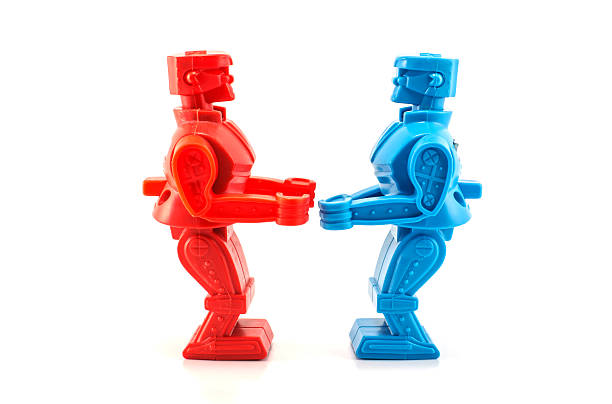
An Adversarial System: This system makes it extremely difficult for sanity to succeed, narrowing voter choices and often forcing voters to choose between two representatives, neither of whom they fully support. Rarely if ever are voters involved in direct decision-making (participatory budgeting and ballot initiatives being some of the only examples). There is little escape from the madness of individual representatives (a representative democracy at best and an aristocracy at worst) although at this point we have the technology to move to a fully participatory democracy if we choose to (especially on the local level). Most of the time we are stuck in a collective mental and emotional place where it is inconceivable to even consider broader input let alone truly democratic decision-making. Folks come locked and loaded with already-set agendas and gate-keepers (including some current electeds who profit off of things as they are) guard against any new ideas or higher synergy or synthesis.
These issues above underline that our democratic processes are far from democratic. We need to push our elected representatives to be more inclusive and democratic. We need to demand that doors are open and there is community input and transparency at every level of government at the very least and, at most, shared power and avenues for full participatory democracy. We also need to challenge ourselves to be more involved.

To put democracy in our democracy…
- Educate Ourselves: Education plays a pivotal role in a democratic society. We should constantly educate ourselves about political events, issues, laws, and procedures in our country.
- Active Participation: Actively participating in the political process is the essence of a thriving democracy. Voting in every election (whether local, state, or national) and joining or starting discussions about public issues are both effective ways to contribute.
- Reporting Incidents: Reporting unjust incidents, spreading awareness, and standing for what is right can foster a more democratic environment.
- Volunteer for Civic Activities: From helping at voting booths to participating in local community organizations or campaigns, volunteering for civic activities not only deepens your engagement with democracy but also supports it directly.
- Hold Leaders Accountable: Keep an eye on the actions and policies of elected officials. If they are not fulfilling their duties or making decisions that do not align with the will of the majority, use the democratic process (like voting or peaceful protests) to hold them accountable.
- Promote Freedom of Expression: Democracy thrives where people can express their opinions freely. Encourage constructive dialogue and discussion, and respect for differing points of view.
- Spread Awareness: Teach younger generations about the values and principles of democracy. Share your knowledge and engage others in discussions about democracy.
- Advocate for Voting Rights: Lobby for legislation that makes it easier, not harder, for people to vote. Accessible, easy voting procedures enable broader participation and hence, a more democratic society.
- Collaborate and Network: Building a community that supports democracy is a step towards making democracy more democratic. Through collaboration and networking, we can share our views, build connections, and promote democratic values
The last of these steps, collaboration and networking, as well as education, is part of our mission and goal here at Radlove Project. Please read about our mission and work here and join our mailing list to get involved.
Join the RadLove movement and help us redefine what is possible.
Sign up for our newsletter and follow us on instagram and spoutible!
